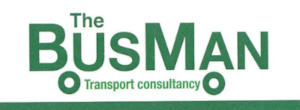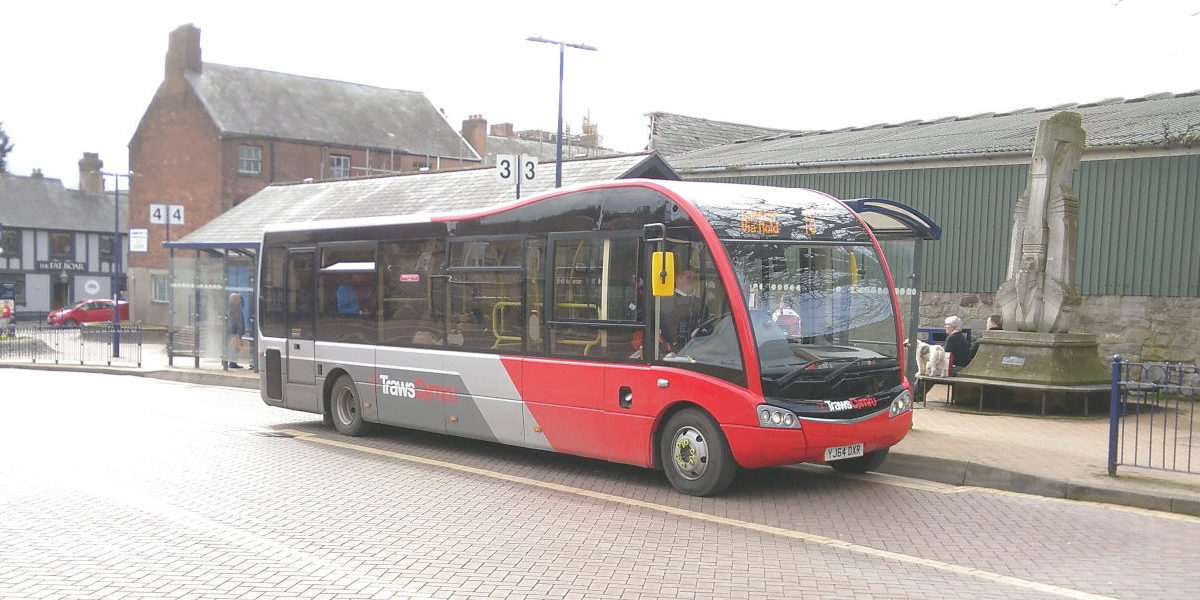These memoirs are based on my personal recollections of the last 65 years.
While I have tried to ensure their accuracy, they are not intended to be a formal historic record.
When I was a small boy there seemed to be a standard question which I was always asked: “What are you going to be when you grow up?”. When I was little, I either didn’t know or was too shy to say. As it turned out, for more than 45 years, I worked in and around the bus industry. From the moment I realised that buses could provide a career, that is what I wanted to do. I have always believed that if you are going to spend over half your waking hours doing something it should be something you enjoy and are interested in – and I was always interested in buses.
Why do people have passionate interests? For me it was buses; others are passionate about football or music or stamps or even telephone boxes. Is it because of an accidental combination of genes or is it hereditary or does it depend on some significant experience at an impressionable point in life?
Certainly my father had an interest in buses. Originally a joiner, at one point he applied to be a bus conductor with North Western Road Car Company but the job was not in his home town of Oldham and would have required travelling to work so he turned it down. Then he suffered a serious accident at work resulting in the loss of a finger and thumb and he spent part of his convalescence watching the building of a new Corporation bus garage in Wallshaw Street Oldham. Then when he was courting my mother they would buy Manchester City Transport day tickets (I recall him saying they cost 1 shilling but that sounds expensive?) and travelling all over Manchester on the bus. They would return home at lunchtime to eat, as eating out was unaffordable, and then carry on bus riding for the rest of the day. To look ahead, the hereditary theory is supported by the fact that my son took up the family interest in public transport, also making it a career ,and my eldest grandson shows early signs of an obsession with buses. The Manager of the Gelligaer UDC bus company from 1930 – 1945 was Edward Bernard Blainey but, to date, family history investigation hasn’t unearthed any link with our Blainey clan.
Whatever the reason, my interest in transport in general and buses in particular pre-dates my memory. I am told that on a very early holiday in Bridlington I would run to the front of the house in which we were staying to catch a glimpse of the “Scarbwa” bus – presumably operated by East Yorkshire Motor Services in those days.
On another occasion, when I was three, while on a Christmas shopping expedition to Chester, I went missing in a large department store. I was found sat in the window of the toy department gazing with rapture at a large Triang model of a bus roughly based on a London Routemaster. My parents felt they had to buy it for me and it became a favourite toy later handed on to my son. It is now in our garage showing signs of its 60 years and I have been tempted to contact “The Repair Shop” to get it restored for our grandsons to play with. However, the owners of a similar bus, but in Glasgow livery, have beaten me to it. I have no memory of either of these early incidents, just being told about them by my parents, but the continued existence of the Triang bus suggests they are real. Perhaps an interest in buses is something you are born with?
I was born in Northwich in Cheshire and we moved to the neighbouring village of Weaverham when I was less than a year old. So the earliest buses I remember are those of North Western Road Car Company in the years 1954 – 1957. The types that stick in my memory are first of all the famous Bristol K6G double deckers, which had been purchased in 1938 and 1939 but were refurbished and re-bodied by Willowbrook in 1951/2. They were of a distinctive design and have always been typical North Western to me. They were all withdrawn by 1965 and I must have seen one of the last survivors operating through Oldham close to the end. The other buses I remember from those early days are the Weymann bodied Leyland Tiger Cub single-deckers typical of many BET group fleets of the time. Whenever I think of North Western, it is these two types of vehicles which first come to mind.
The original North Western Road Car Co. Ltd was one of the most well known bus companies in the country and I was to continue using and seeing their buses until the company was no more. Even then, disguised in the orange and white livery of SELNEC PTE, they continued to be a common site when I was a student in Manchester in the early seventies – but not the same models I remember from my boyhood. Based in Stockport (then in Cheshire), their operating territory extended from heavily built up Manchester out into rural Cheshire and Derbyshire. Northwich was in the North Western heartland in those days of monopoly and it was a North Western bus from Manchester that brought relatives from Oldham to visit us. My memories of those days are only hazy and when I was three we moved to Mold in North Wales – from a famous BET Group company’s territory to a famous Tilling Group company – Crosville Motor Services.


